June 3, 2025 | 10:12 GMT +7
June 3, 2025 | 10:12 GMT +7
Hotline: 0913.378.918
June 3, 2025 | 10:12 GMT +7
Hotline: 0913.378.918
On May 31, Prime Minister Pham Minh Chinh signed Official Telegram No. 79/CĐ-TTg, addressed to the Ministers of Agriculture and Environment, Industry and Trade, Finance, Foreign Affairs, and Science and Technology, as well as to the Chairpersons of the People's Committees of centrally governed provinces and cities, regarding the proactive implementation of measures to ensure the production, processing, consumption, and export of agricultural products.
The PM has assigned the Minister of Agriculture and Environment to direct local authorities to review and fully prepare the necessary conditions (such as crop varieties, livestock, materials, fertilizers, etc.) for agricultural production in the remaining months of the year. They are also tasked with developing specific plans and measures for organizing production, harvesting, and product supply, as well as adjusting the farming schedule to match market conditions and demands. The aim is to ensure an adequate supply of food and agricultural products to meet domestic needs while also supporting exports, thereby firmly safeguarding national food security under all circumstances.
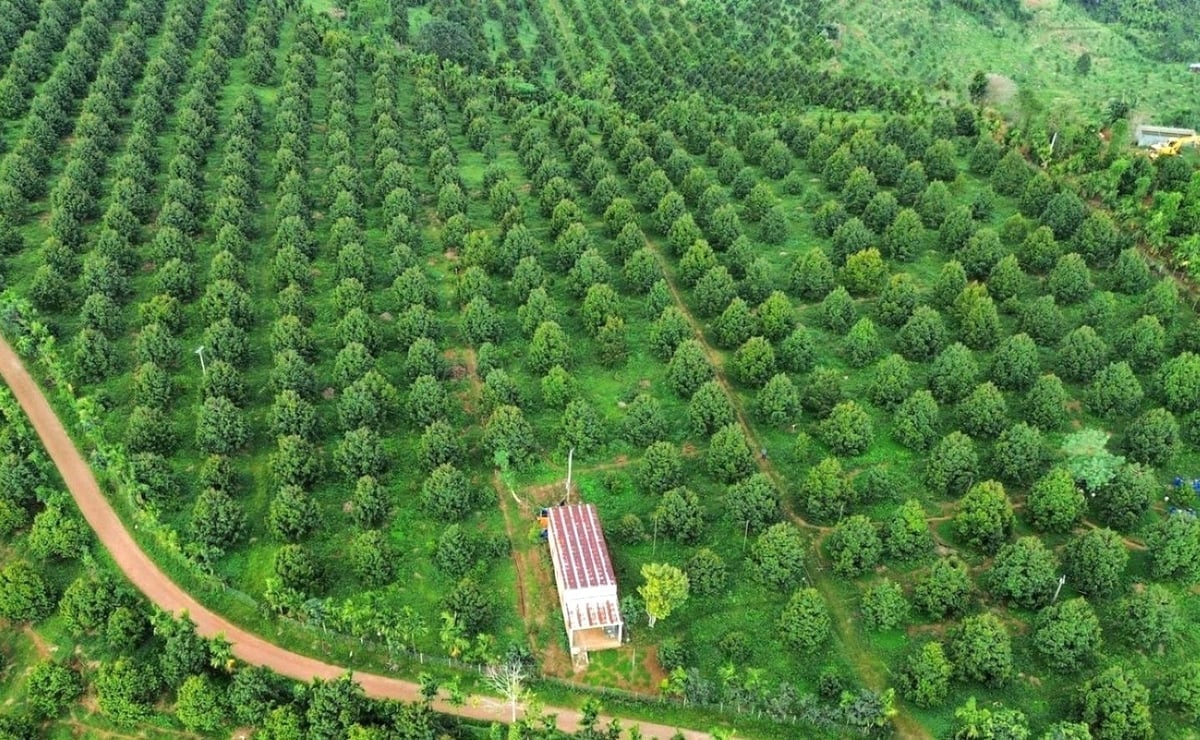
Localities ensure the supply of food and foodstuffs meets domestic demand. Photo: Tuan Anh.
At the same time, continue to direct and vigorously implement comprehensive measures for the prevention and control of animal and plant diseases, ensuring that no major outbreaks occur that could negatively impact agricultural production, particularly in livestock, aquaculture, and crop cultivation.
The Minister of Agriculture and Environment (MAE) directs localities to strengthen coordination with industry associations and businesses to closely link raw material areas, enhance preservation and processing activities, especially deep processing to increase added value. Efforts should also boost the connection between cooperatives, producers, key export purchasing enterprises, companies, and distribution and retail systems to facilitate the consumption of agricultural products during peak harvest seasons.
The MAE collaborates with the Ministry of Foreign Affairs and the Ministry of Industry and Trade to effectively promote trade and continue pushing for technical market access, particularly for official exports to China. They provide guidance to localities, industry associations, and businesses on complying with export market regulations, particularly China’s requirements regarding labeling, traceability, origin indication, testing, quarantine, packaging standards, and agricultural product quality.
The MAE also takes the lead in coordinating with localities to proactively supply complete information on production volumes and harvest seasons of various agricultural products in localities and raw material zones. This helps export enterprises, distribution chains, and retailers plan for regular and intensified consumption support during peak harvest times.
The PM has instructed the MAE to continue promoting research, application of science and technology, innovation, and digital transformation in agriculture. This includes introducing high-yield, high-quality crop and livestock varieties that are adaptable to climate change; focusing on the application of technology to support preservation and deep processing, especially for fruits and high-value products; diversifying products; shifting from exporting raw materials to refined, canned products to enhance the added value of agricultural goods. The PM also emphasized encouraging and promoting production based on product value chains, developing planting area codes, ensuring traceability, and guaranteeing food safety.
The Minister of Industry and Trade is tasked with leading and coordinating with the MAE and the Ministry of Foreign Affairs to strengthen trade promotion, continue to expand and diversify export markets. At the same time, implement connection programs, organize agricultural product weeks and Vietnamese goods fairs to tap into the domestic market potential. Direction should also be given to link and coordinate domestic distribution chains and the Vietnam Retailers Association to intensify both online and offline promotion and consumption within the country, with a priority on consuming local agricultural products, especially rice and fruits (durian, lychee, longan, mango, dragon fruit, etc.) during peak harvest seasons.
The Ministry of Finance is to direct the customs authorities to closely coordinate with the border guard forces and engage in discussions with the relevant agencies of importing countries, especially at border checkpoints used for exporting agricultural products to China. Based on these discussions, concrete measures should be developed to facilitate and prioritize the fastest possible customs clearance for fresh agricultural exports, particularly lychee, durian, and other perishable items, during peak harvest seasons, in order to minimize export congestion at border gates.
The Prime Minister has requested that the Chairpersons of the People’s Committees of provinces and centrally governed cities take the initiative and urgently coordinate with the Ministry of Agriculture and Rural Development and the Ministry of Industry and Trade to provide information and guidance to farmers, cooperatives, and enterprises, aligning production with market demand. They must ensure compliance with the procedures, regulations, and standards of importing markets, from production, harvesting, preliminary processing, processing, packaging, and transportation to traceability, to promote official export channels.
Chairpersons of the People’s Committees of provinces with border gates, especially those in the northern border region (such as Lang Son, Lao Cai, Quang Ninh, Cao Bang, Ha Giang, Dien Bien, Lai Chau), are to direct and organize the monitoring, updating, assessment, and forecasting of the flow and concentration of goods in their areas. This enables coordination with relevant agencies to implement solutions that ensure smooth circulation of goods at border gates, and to promptly manage and regulate the flow of vehicles transporting goods to the border.
At the same time, these provinces should regularly share information on the circulation and export of agricultural products at the border gates, allowing localities, regulatory agencies, and export businesses to proactively adjust their production and business plans. This is to prevent congestion of goods and agricultural products at border gates and minimize risks and losses for farmers and enterprises.
The PM also requires agricultural production, trading, and export enterprises to closely monitor information on logistics and customs clearance capabilities at border gates. They must promptly adjust production and business plans, regulate the volume of export goods to ensure flexible adaptation, and avoid congestion of agricultural products at the border. Enterprises are also encouraged to enhance the purchase and storage of agricultural products, especially during peak harvest seasons, to support farmers in selling their produce.
Translated by Phuong Linh
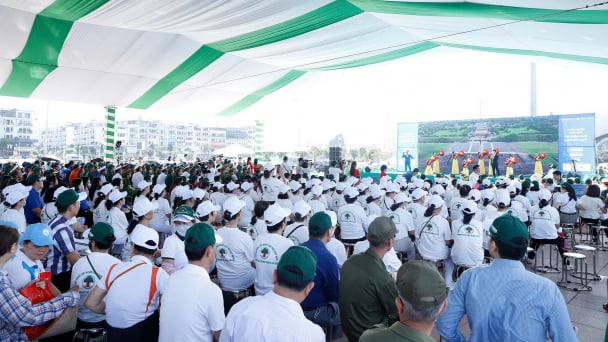
(VAN) On June 1, a grand meeting was held in Ha Long city, Quang Ninh province, to celebrate World Environment Day and launch the National Action Month for the Environment 2025.

(VAN) From the meeting in Ha Long, the United Nations called for the establishment of a legally binding global treaty to end plastic pollution.
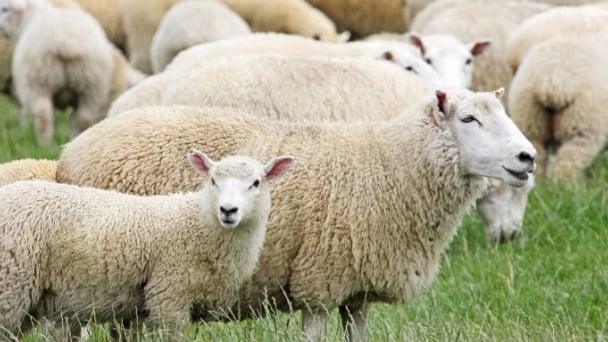
(VAN) ‘Accounting trick’ to support methane-emitting sectors undermines fight against climate change, say researchers.

(VAN) Water conservation, transboundary cooperation and sustainable agriculture are key to securing the region’s future, says FAO Director-General QU Dongyu.
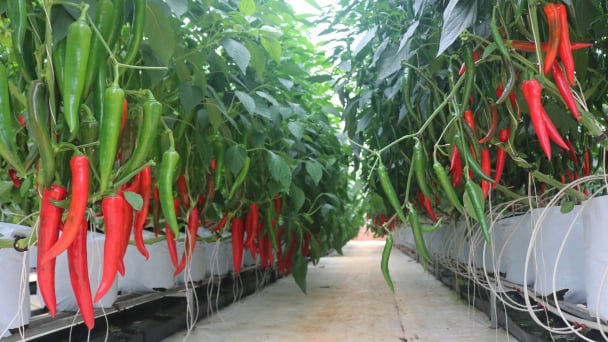
(VAN) Professor Dr. Mai Trong Nhuan believes that Lam Dong will serve as a 'supermarket' of green agricultural products for the entire country and a beautiful destination acting as a 'health charging station' for tourists.
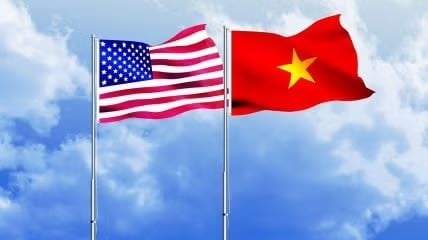
(VAN) A delegation of nearly 50 Vietnamese agencies, agribusinesses, and agricultural associations has officially begun its working trip to the United States.